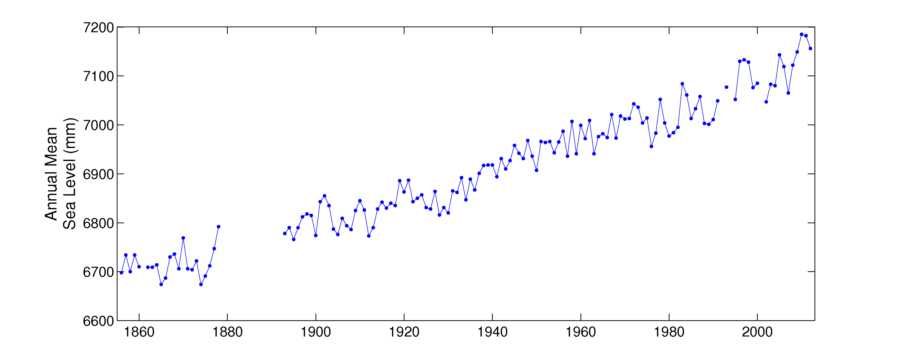stellarfun
Senior Member
- Joined
- Dec 28, 2006
- Messages
- 5,711
- Reaction score
- 1,544
With images of Rowe's Wharf, Greenway, Fan Pier;
Back Bay;
Cambridge (Harvard).
http://www.youtube.com/watch?feature=player_embedded&v=N13oAcUITAM
Not my worry. I expect to be pushing daisies before then.
Image from the video.

Image/video credit to http://nickolaylamm.com/
Back Bay;
Cambridge (Harvard).
http://www.youtube.com/watch?feature=player_embedded&v=N13oAcUITAM
Not my worry. I expect to be pushing daisies before then.
Image from the video.

Image/video credit to http://nickolaylamm.com/

